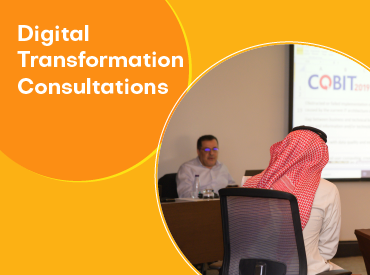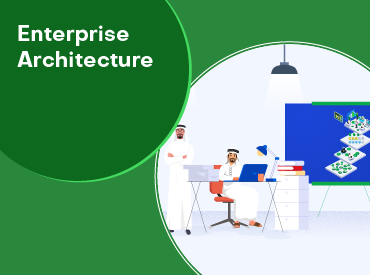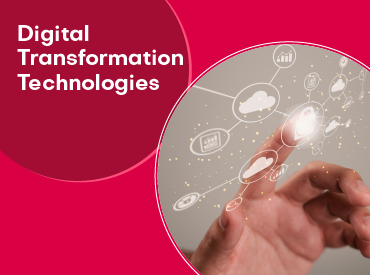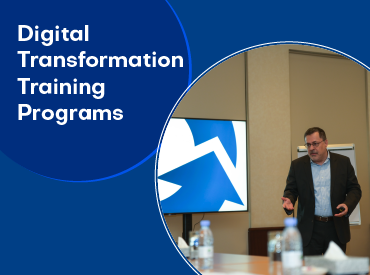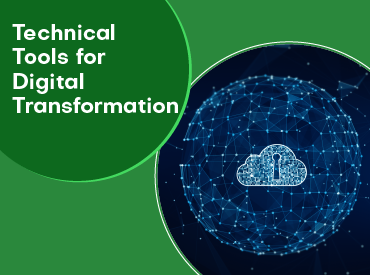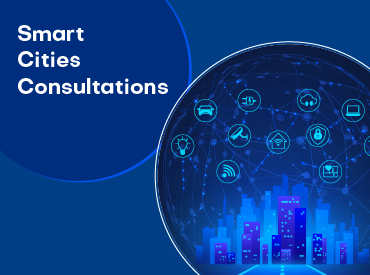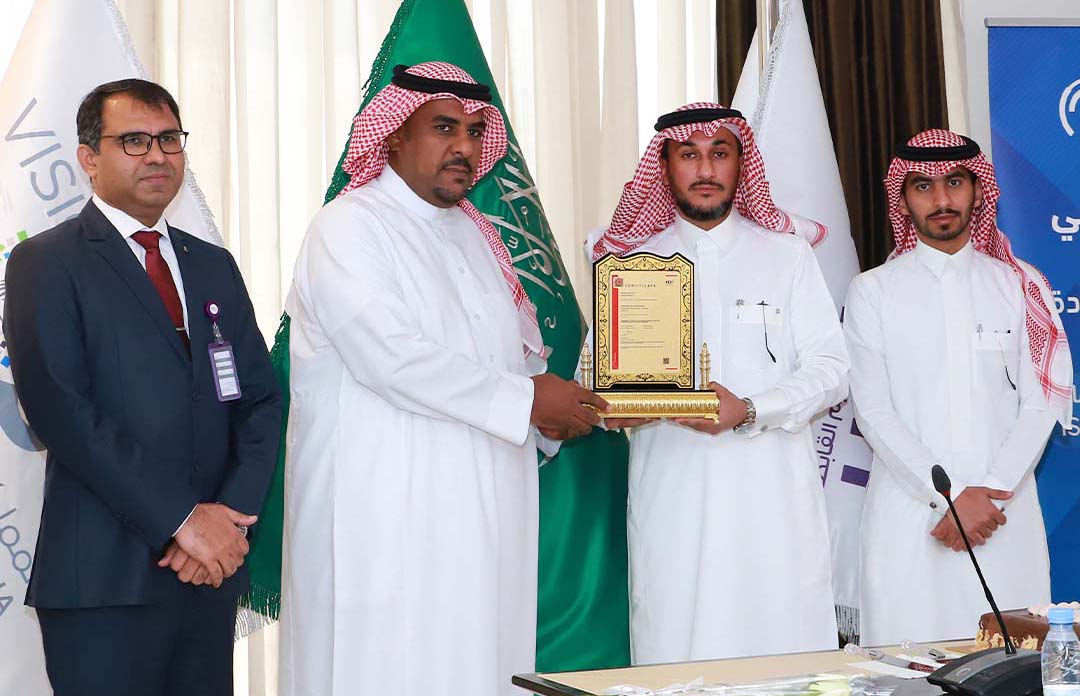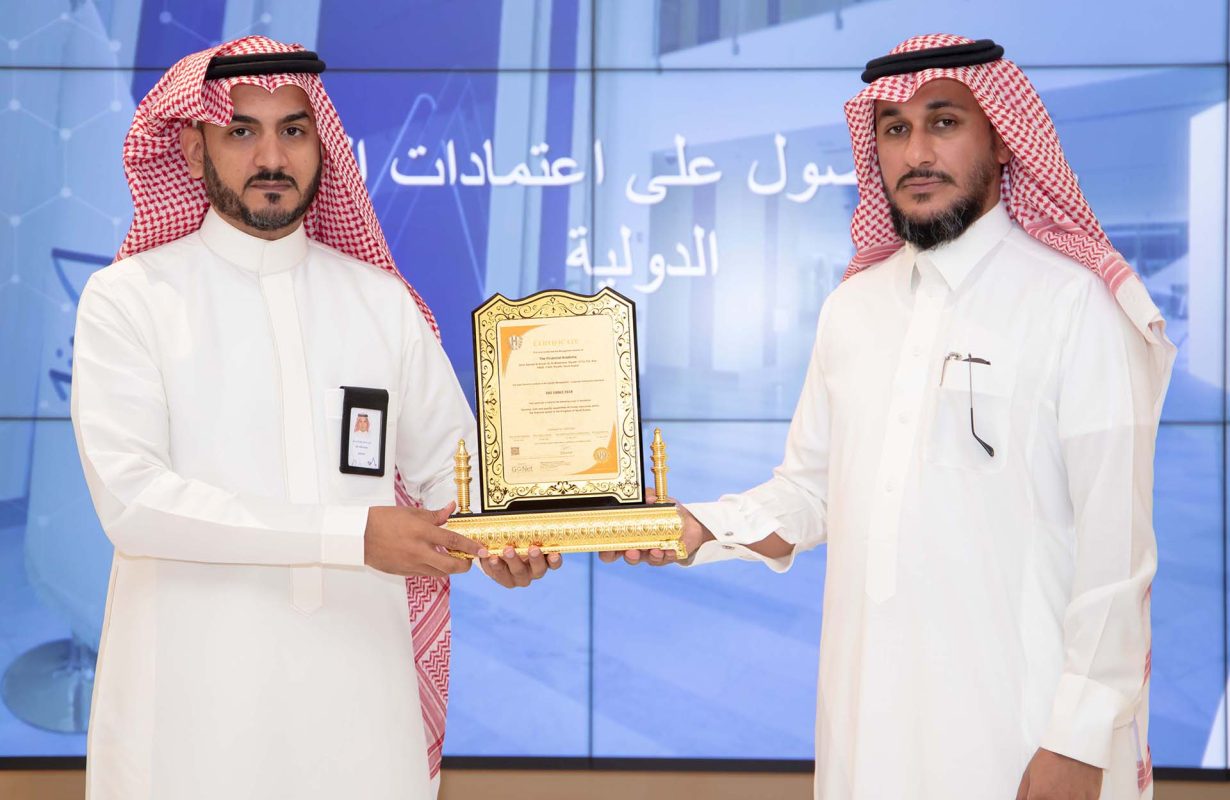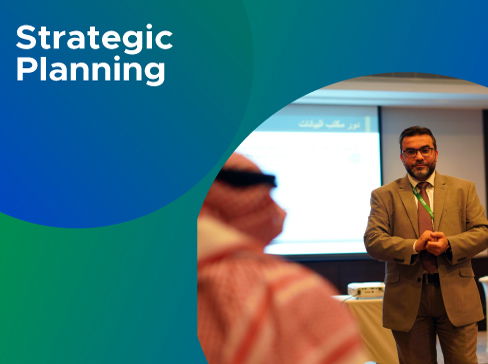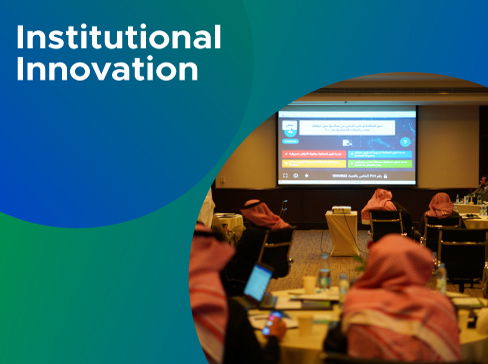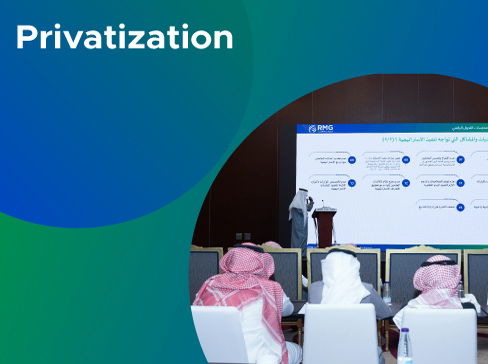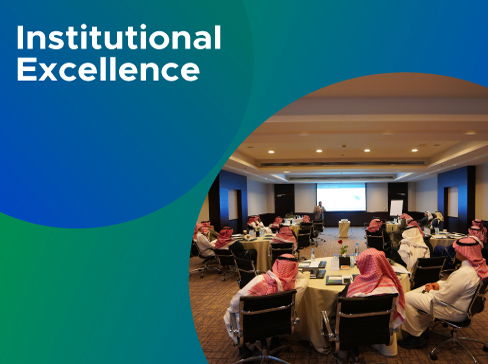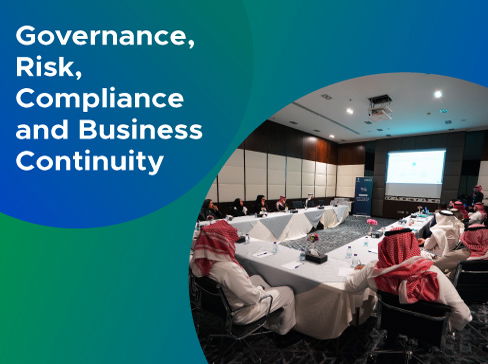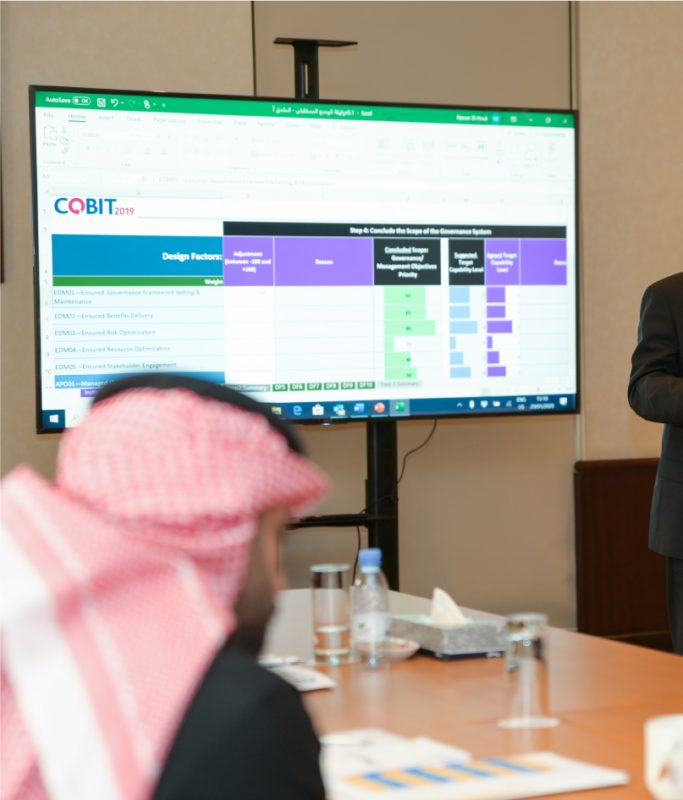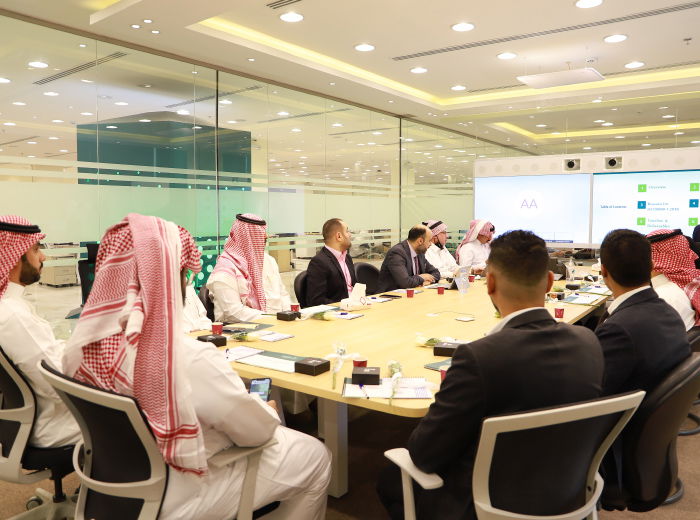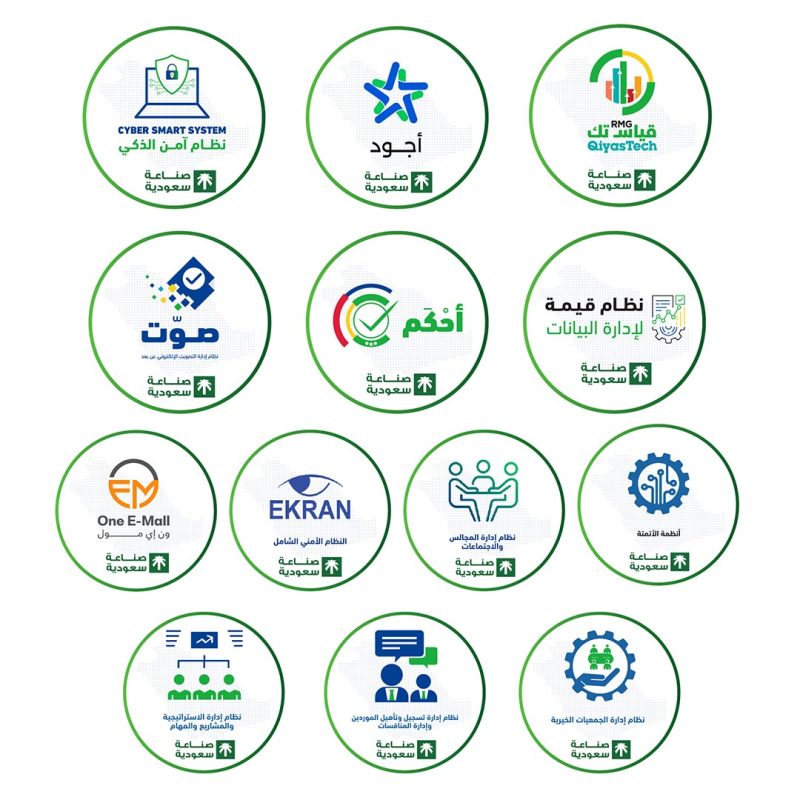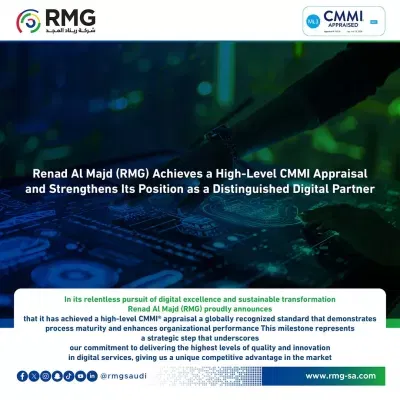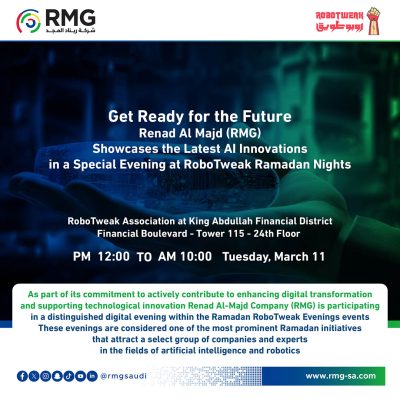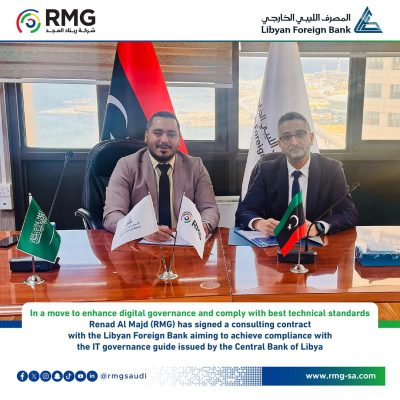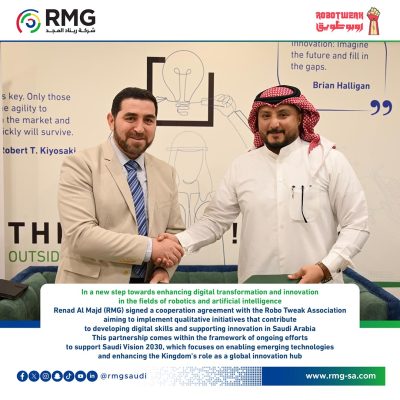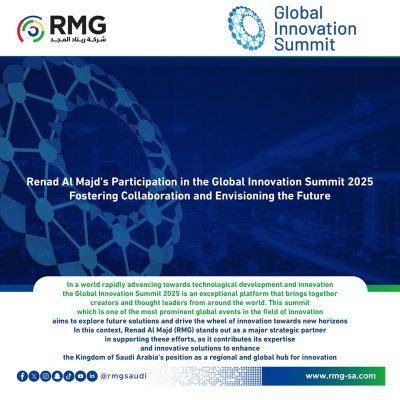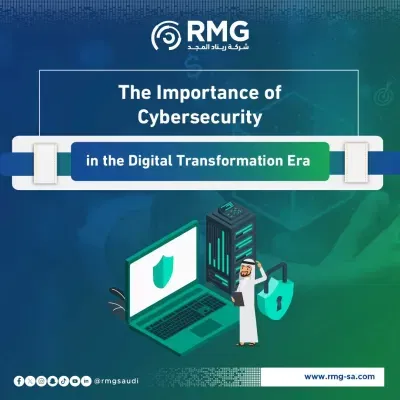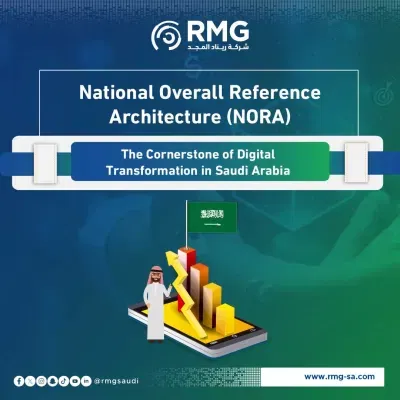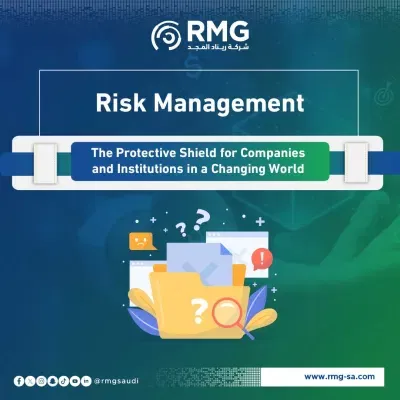Blog Body
Discover the concept of smart cities and their key components in Saudi Arabia. Learn how Renad Al Majd Consulting is driving sustainable smart city development, tackling digital transformation challenges with strategic planning. Begin your transformation journey today!
Smart Cities: The Future of Urban Planning Under Vision 2030
As Saudi Arabia progresses towards achieving Vision 2030, smart cities have become a fundamental pillar for enhancing sustainability and improving quality of life. The International Organization for Smart Cities defines smart cities as urban environments that leverage technology and data to enhance urban services and reduce environmental impact.

What Are Smart Cities?
A smart city is an integrated system that relies on digital technologies and data analytics to improve resource management and public services. According to the International Telecommunication Union (ITU), a smart city is:
“An innovative city that uses information technology to improve the quality of life, enhance service efficiency, and ensure the sustainability of resources for current and future generations.”
These cities aim to strike a balance between technological advancements and environmental protection, while also promoting citizen engagement through interactive digital platforms.
Why Are Smart Cities Important for Saudi Arabia?
With the urban population in Saudi Arabia growing by 2.5% annually, smart cities are becoming essential to address several urban challenges, including:
- Traffic congestion: Optimizing mobility through intelligent transport systems.
- Energy consumption: Reducing carbon emissions via renewable energy networks.
- Government efficiency: Streamlining administrative processes through e-governance.
- Investment attraction: Enhancing trust and security through intelligent infrastructure.

Key Components of Smart Cities
Smart cities rely on six core components that work together to achieve their objectives:
- Smart Infrastructure
Includes:
- High-speed communication networks (such as 5G).
- Internet of Things (IoT) systems for infrastructure monitoring.
- Centralized data platforms for real-time analytics.
(Example: The “Riyadh Smart Control Room” project, which uses AI to manage traffic flow).
- Smart Mobility
- AI-powered traffic signals that adjust to real-time congestion.
- Integrated mobility apps (such as “Tawakkalna” for public transport).
- Electric vehicles (EVs) and sustainable charging networks.
- Smart Energy
- Renewable energy grids (such as solar power in “NEOM”).
- Intelligent energy management systems to reduce waste.
- Virtual power plants (VPPs) to enhance energy distribution.
- Digital government platforms (Example: “Absher” e-services).
- Open data policies to improve transparency.
- Citizen participation in city planning through digital surveys.
- Smart Healthcare
- Telemedicine systems for remote medical consultations.
- Sensors for air and water quality monitoring.
- Unified electronic medical records for better patient care.
- Smart Security
- AI-powered surveillance cameras.
- Early warning systems for natural disasters.
- Advanced cybersecurity solutions to protect data.

Challenges in Developing Smart Cities in Saudi Arabia
Despite their potential, smart cities in Saudi Arabia face several challenges, including:
- Cybersecurity risks: Protecting data from cyber threats.
- High costs: Significant investment in infrastructure.
- Digital awareness: Increasing citizen engagement and digital literacy.
- Regulatory frameworks: Updating legislation to keep pace with technological advancements.
Renad Al Majd’s Role in Developing Smart Cities
Renad Al Majd (RMG) is a strategic partner for government and private sector organizations in Saudi Arabia, offering comprehensive services, including:
- Conducting urban assessments and defining priorities.
- Designing roadmaps aligned with Vision 2030.
- Technology Project Management
- Implementing IoT and AI-driven solutions.
- Monitoring project quality and ensuring timely delivery.
- Developing smart government platforms.
- Training personnel to adopt advanced technologies.
- Environmental Sustainability
- Designing renewable energy networks.
- Implementing green building standards (e.g., LEED certification).
- Cybersecurity Solutions
- Protecting city systems from cyberattacks.
- Assisting organizations in obtaining global security certifications (e.g., ISO 27001).
Inspiring Smart City Success Stories
Several smart city projects worldwide showcase the potential of digital urban transformation:
- NEOM: A futuristic city in Saudi Arabia utilizing clean energy and AI-driven services.
- Dubai Smart City: Implementing intelligent transport systems and blockchain-based government services.
- Riyadh: A smart operations center that has reduced traffic congestion by 20%.
Practical Steps to Transform into a Smart City
- Assess existing infrastructure and identify gaps.
- Develop a clear timeline for implementation.
- Engage citizens and private sector stakeholders.
- Adopt scalable and adaptable technologies.
Start Your Smart City Transformation with Our Experts
Smart cities are not just a futuristic concept—they are a reality that Saudi Arabia is building today. With Renad Al Majd, you can turn challenges into opportunities through tailored solutions that enhance efficiency and sustainability.
We Are Here to Help
With our extensive expertise and proven track record, we provide the right consulting and solutions to help you achieve your smart city vision.
Contact us today for a free consultation and start your journey toward a smarter and more sustainable urban future:



